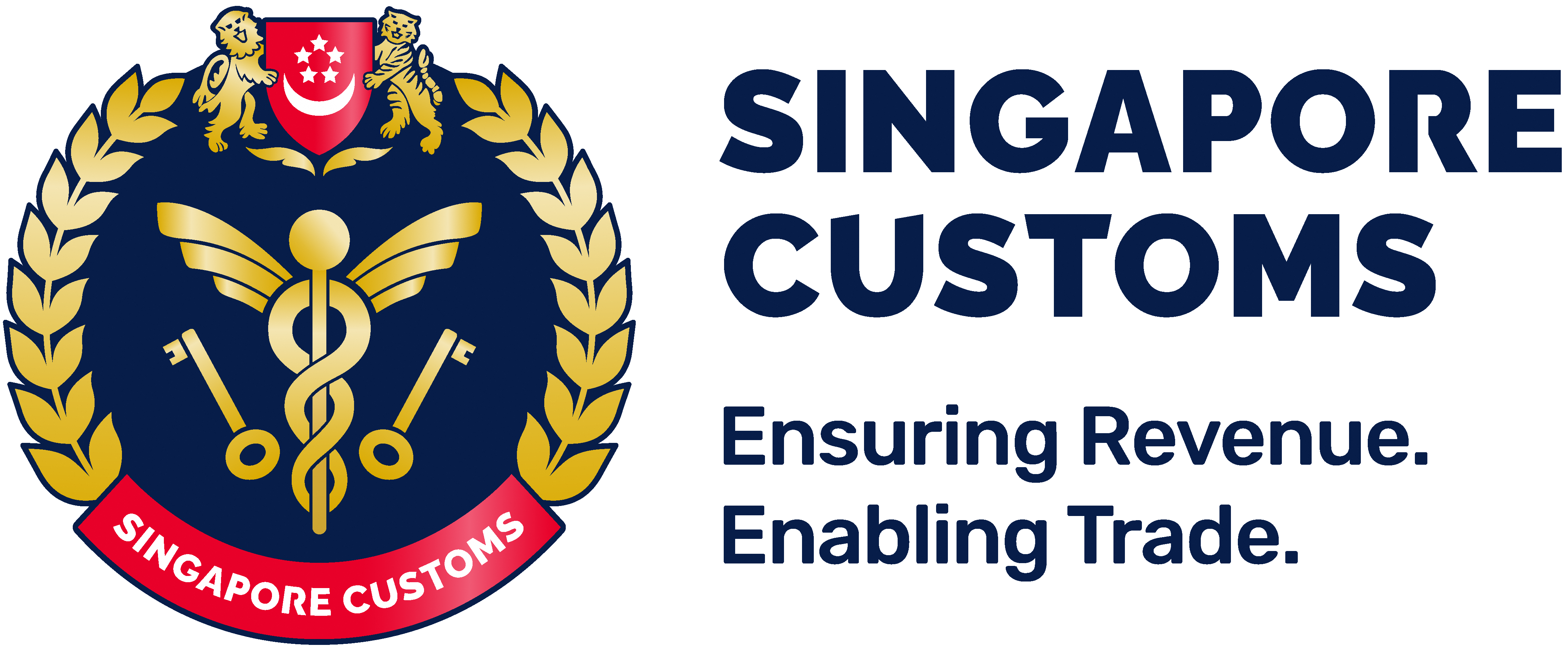Re-importing Goods Sent Overseas for Activities
Understand the rules for re-importing goods sent overseas for activities, including various scenarios, requirements, and tax considerations.
If you have sent goods overseas for activities such as repairs, exhibitions, or events, you may be able to bring them back into Singapore.
Like all imports, re-imported goods may be subject to Goods and Services Tax (GST) and/or duty. Whether you need to pay tax depends on why the goods were sent overseas and the changes made to them while aboard.
Explore the tabs below to learn more about re-importing goods in different scenarios and understand the rules and requirements for each case.
Re-importing Goods that were Sent Overseas Temporarily
You may re-import your GST-paid or duty-paid goods if they were sent overseas temporarily for activities such as:
Exhibitions or fairs
Shows or performances
Races or competitions
Repairs or servicing
Trade-related demonstrations or solicitation
This includes personal goods and Singapore-registered motor vehicles, but excludes liquor and tobacco products.
When GST and/or duty relief may apply
You may qualify for GST and/or duty relief if all of the following apply:
You intended to bring the goods back to Singapore when they were sent overseas
The goods were sent overseas temporarily and not for sale
The goods are brought back within the approved time period
The goods remain in the same ownership while overseas (for motor vehicles)
If these conditions are met, GST and/or duty relief may be granted when the goods are re-imported.
When GST and/or duty must be paid
GST and/or duty will be payable if:
Any of the conditions for relief are not met; or
The goods were altered, processed, or repaired overseas
If your goods were repaired or modified, please refer to the section below on returning goods with replacement or new parts.
You can find out more about temporary import and export arrangements under Temporary Import Scheme
Returning Goods with Replacement or New Additional Parts
If goods were repaired or processed overseas and new parts were added, different rules apply:
For Non-Dutiable Goods (e.g., personal items or trade samples)
GST relief applies only to the original parts of the goods
GST is payable on the new or replacement parts, unless the repair was carried out at no charge under a warranty or guarantee
You must obtain:
A certificate from the repairer confirming whether new parts have been added
An invoice listing each new part and labour chargers (if applicable)
For Motor Vehicles
For motor vehicles sent overseas for repair:
GST and duty relief apply only to the original vehicle parts
GST and duty are payable on the new or replacement parts, including labour and related charges
If repairs were carried out at no charge under a warranty or guarantee, relief may also apply to the new parts
Supporting documents must be presented when the vehicle is re-imported.
Permits and Documents Required for Re-Importing Repaired Goods
If your goods were repaired overseas and new or replacement parts were added, you will need to obtain the relevant import permits before bringing them back into Singapore.
The permits required depend on whether the parts are dutiable:
Non-dutiable parts
GST is payable on the new or replacement parts added
Dutiable parts (such as motor vehicle parts)
GST and duty are payable on the new or replacement parts added
You must present all required permits together with supporting documents, such as:
Commercial invoice
Packing list
Bill of Lading or Air Waybill
These documents must be produced to checkpoint officers during import clearance.
Re-Importing Goods Stored or Used in a Free Trade Zone
If GST-paid local goods were moved into a Free Trade Zone (FTZ) and are later brought back into Singapore, they are considered new imports and will be subject to GST.
GST will be payable when the goods re-enter Singapore, and the relevant import permit and supporting documents must be presented at the checkpoint.
You must obtain an In-Payment (GST) permit and present it, along with supporting documents (invoice, company letter), at the checkpoint.
For GST-Registered Companies
If you are a GST-registered company registered with the Inland Revenue Authority of Singapore (IRAS), you may claim GST back from IRAS by submitting:
The Customs OUT (Direct) permit, and
Supporting documents (Bill of Lading, invoices, packing list, freight charges)
Returning Damaged or Rejected Goods
If Goods exported overseas that are returned because they were damaged, defective, or rejected by the overseas buyer, GST relief may be granted if:
The goods are not liquor or tobacco
A Customs OUT (Direct) permit was used for export
GST/duty had been paid previously
GST/duty previously paid was not refunded or claimed
The goods are returned in the same condition without alterations
Where no sale is involved, the commercial invoice may state “Value for Customs Purposes Only”. You may still be required to provide supporting documents to substantiate the declared value.
Information for Companies Re-importing Goods
The sections above apply mainly to individuals, but if you are re-importing goods on behalf of a business, additional requirements apply.
For more detailed information, refer to Re-importing Goods for Exhibitions, Processing or Repairs (For Business) page.
